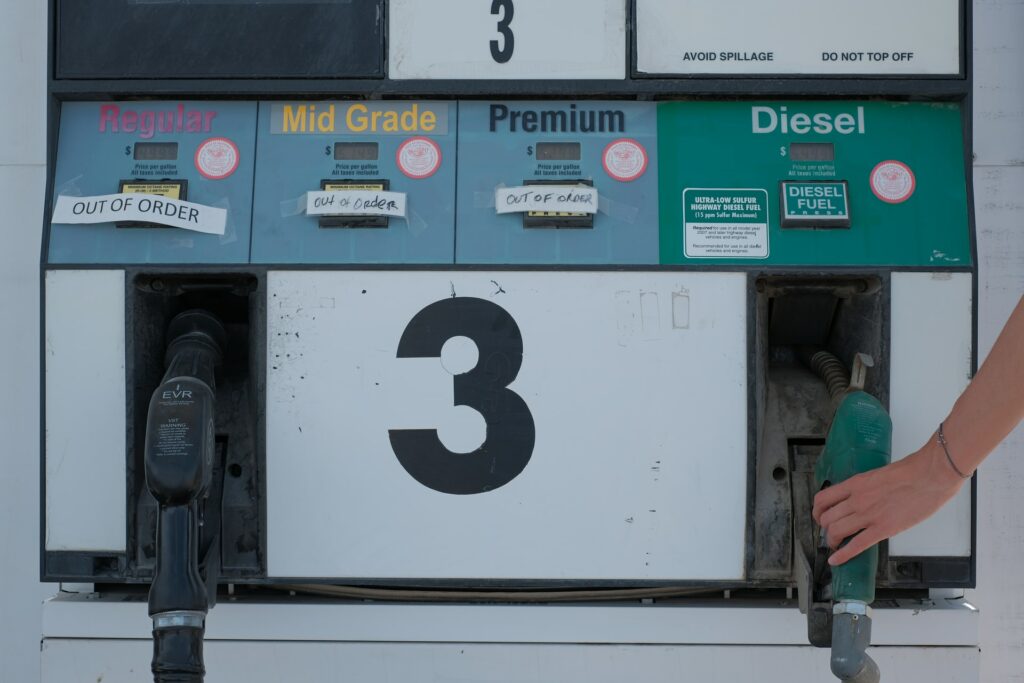


1 October, 2021
Just as loo roll stockpiling was starting to feel like a distant memory, the UK public are panic buying once again. Whether you’ve been rushing to fill up your tank or rolling your eyes at the queues snaking out of your local petrol station the resurgence of this behaviour is a cause for concern.
Justified or not, it’s interesting to reflect on what triggers these actions. A key place to start is looking at how potential shortages are communicated to consumers. While we see the Cabinet Office’s Behavioural Science team briefing local authorities on appropriate language and the commentary around the media’s role in exacerbating the current situation, we wonder whether businesses could have taken a larger role in influencing reactions.
Shortages and supply chain issues will continue to cause problems in the coming months and it’s clear that companies need to recognise their responsibility in managing how their customers will react.
Take supermarkets, pioneers in using behavioural science techniques to nudge behaviour, and often at the epicentre of panic buying. They would be well placed to transfer their knowledge on behaviour change to creating a smart solution to calm fears and tackle stockpiling. Aside from consumers, from an operational perspective it’s looking ever more vital for businesses to interrogate their employment and supply chain practices and ethics to create more robust relationships.
When we think about issues like responsible communication and operational resilience it’s clear that the remit of corporate responsibility teams is increasingly overlapping with the management of commercial risk. Meaning that decisions that may look good from a responsibility perspective are just as likely to be the best choice for business.
By Jessie Smith